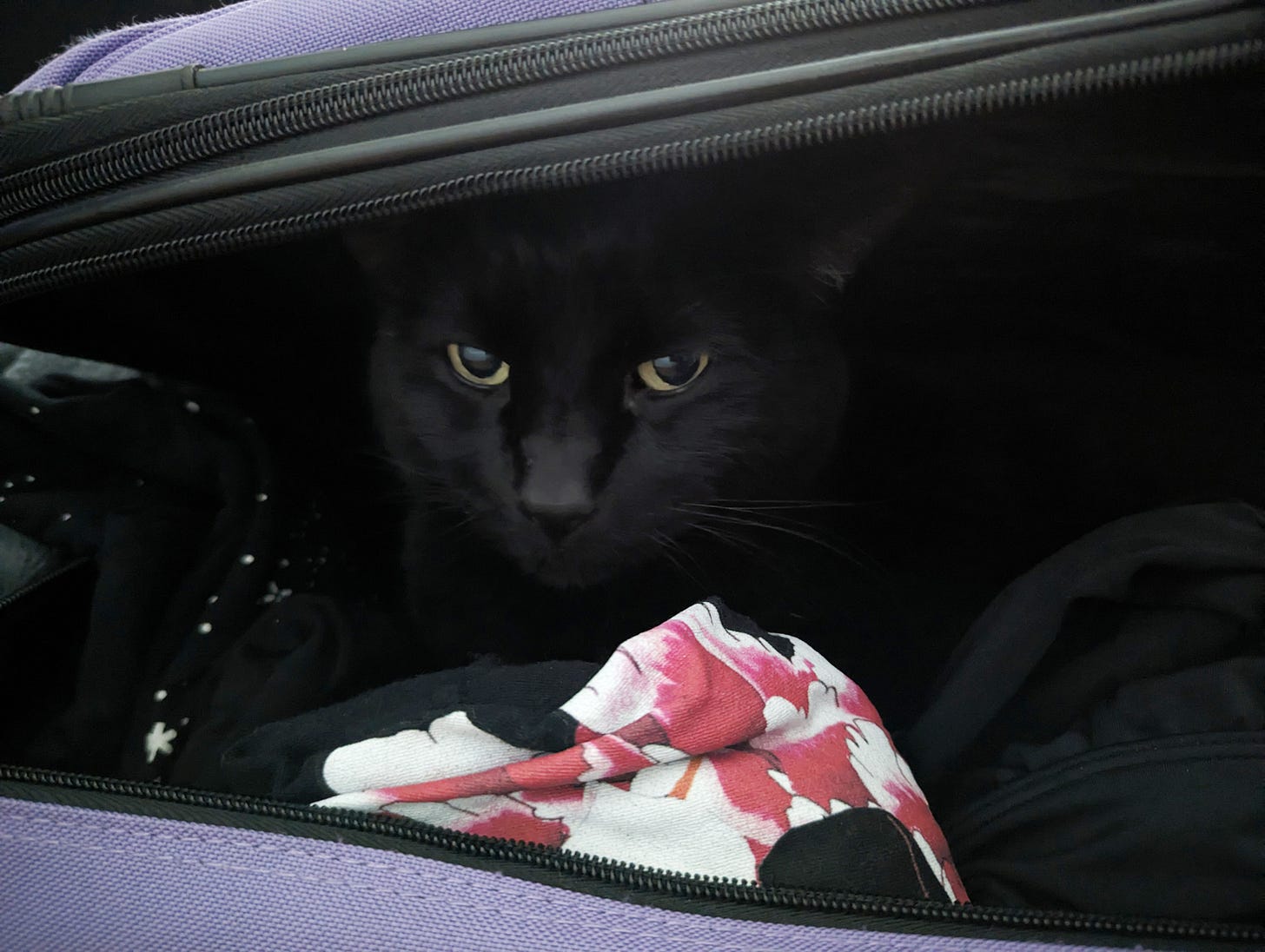Hello, hello.
A memory
“Why Did You Throw Stones?” | Rachel Kushner, n+1
Author Rachel Kushner recounts her 2016 visit to East Jerusalem and the West Bank.
The deeper one digs, the more existential the crisis of these former [Israeli Defense Forces] soldiers starts to seem. [Breaking the Silence organizer Yehuda] Shaul, a former commander in the IDF during the Second Intifada, is the first to emphasize that the tactics of the occupation are modeled on Israel’s own policies developed between 1948 and 1966. Thus, the dividing line between nation-building and expansion blurs even for those whose Zionism has been their identity, country, sacrifice, trauma, and faith. These soldiers are also quite isolated. A political left critical of the military occupation, which theoretically one might imagine backing BtS, is almost nonexistent in Israel. Moreover, Labor — the party long regarded as left-Zionist, if such a position is even possible — was historically in power for many of the significant losses of Palestinian land and reduction of freedom of movement.
As the Palestinian scholar Bashir Bashir put it to us later that same morning, “The settlement project is not the sinful baby of the right.” He was debating his friend and colleague Hillel Cohen, whose elegant examinations of history and Zionism present contradictory narratives on both sides, Jewish and Palestinian, with no easy or simplistic moral calculus. And yet, as Cohen said to us, “I like to hear Bashir talk because it reminds me how deep my Zionism is.” His casual summation to us on the founding of Israel in 1948: it was a project of saving Jewish life. Then again, Cohen reminded us, if the US had not changed its immigration laws in 1924, everyone would have gone to America, where Jews tended to prefer to immigrate anyway. In his book about the significance of riots and violence between Jews and Palestinians over the Wailing Wall in the flash-point year 1929, Cohen distinguishes between Zionists and non-Zionists in the early stages of Israel’s route to statehood. When I asked him about this, he said, “Non-Zionist Jews were so impressed by the sophistication of Zionism, they were basically overpowered. They joined history, became Zionists.” Bashir then spoke about binationalism. In his writings, Bashir advocates sharing one land. He said Palestinians should contemplate the trauma of the Holocaust, and Jews should do the same with regard to the Nakba. Maybe I was just jetlagged, but as I thought of Bashir’s generously restorative proposal I felt like crying. Palestinians were not involved in the Holocaust. They had nothing to do with it, while the Israelis caused the Nakba.
A reflection
“Death in the Browser Tab” | Teju Cole, The New York Times Magazine
In this 2015 essay, the author considers images of death.
There you are watching another death on video. In the course of ordinary life — at lunch or in bed, in a car or in the park — you are suddenly plunged into someone else’s crisis, someone else’s horror. It arrives, absurdly, in the midst of banal things. That is how, late one afternoon in April, I watched Walter Scott die. The footage of his death, taken by a passer-by, had just been published online on the front page of The New York Times. I watched it, sitting at my desk in Brooklyn, and was stunned by it.
A video introduces new elements into the event it records. It can turn a private grief into a public spectacle, set popular opinion at odds with expert analysis. I have seen too many such videos in the past year. I watched the fatal shooting of 12-year-old Tamir Rice, who was holding a toy gun in a Cleveland park. I watched a police officer put a protesting Eric Garner into a chokehold that moments later proved fatal. I watched Charly Leundeu Keunang tussle with police officers in Los Angeles before he was shot six times. And there was much I could have watched but opted not to: the ISIS beheading videos, the various other clips of deadly violence from around the world. Even so, I felt that death had come within too-easy reach, as easy as opening up a browser and pressing play. I recognized the political importance of the videos I had seen, but it had also felt like an intrusion when I watched them: intruding on the grief of those for whom the deaths were much more significant, and intruding, too, on my own personal but unarticulated sense of right and wrong.
Until next week, here’s Arthur.

